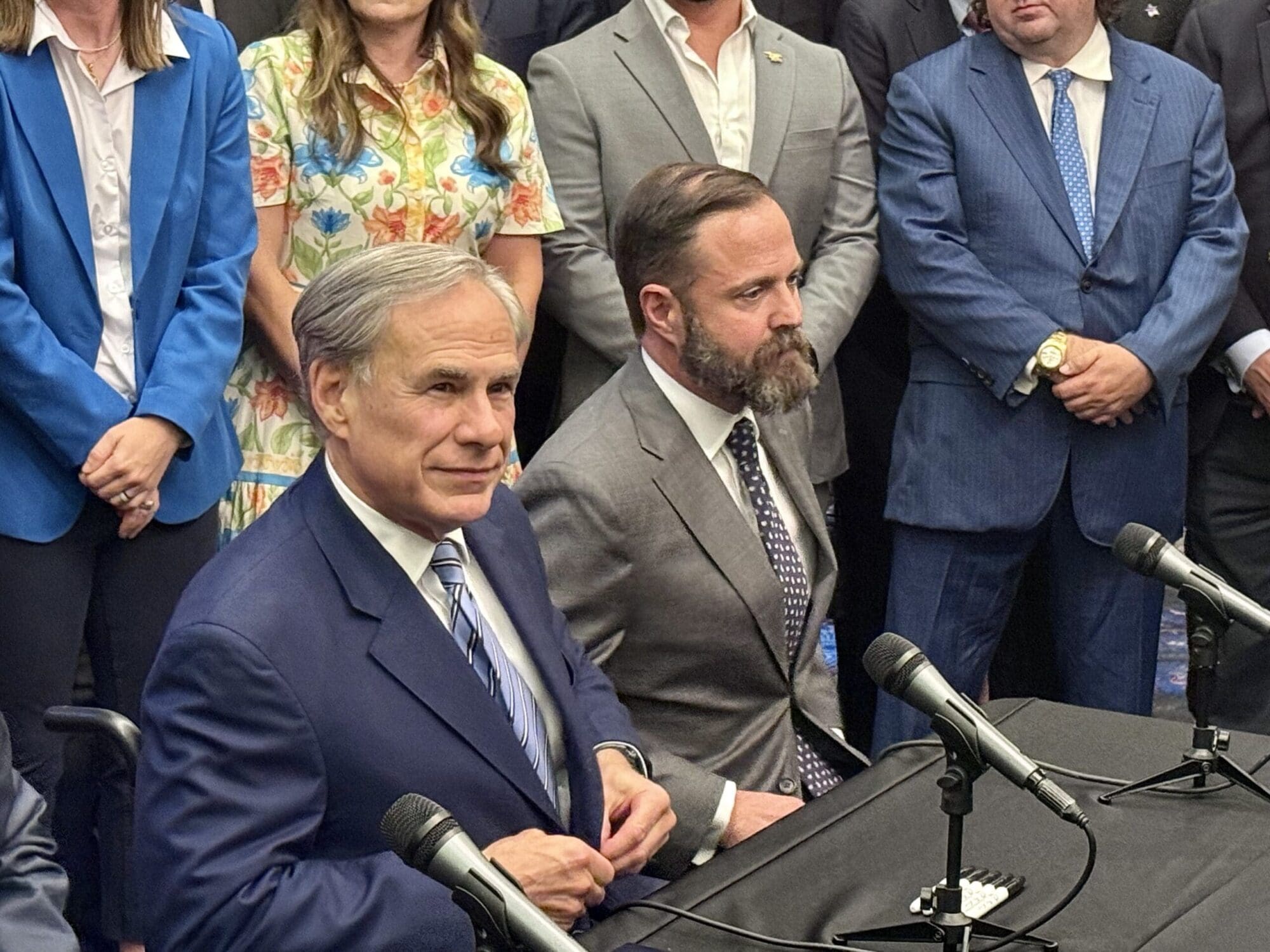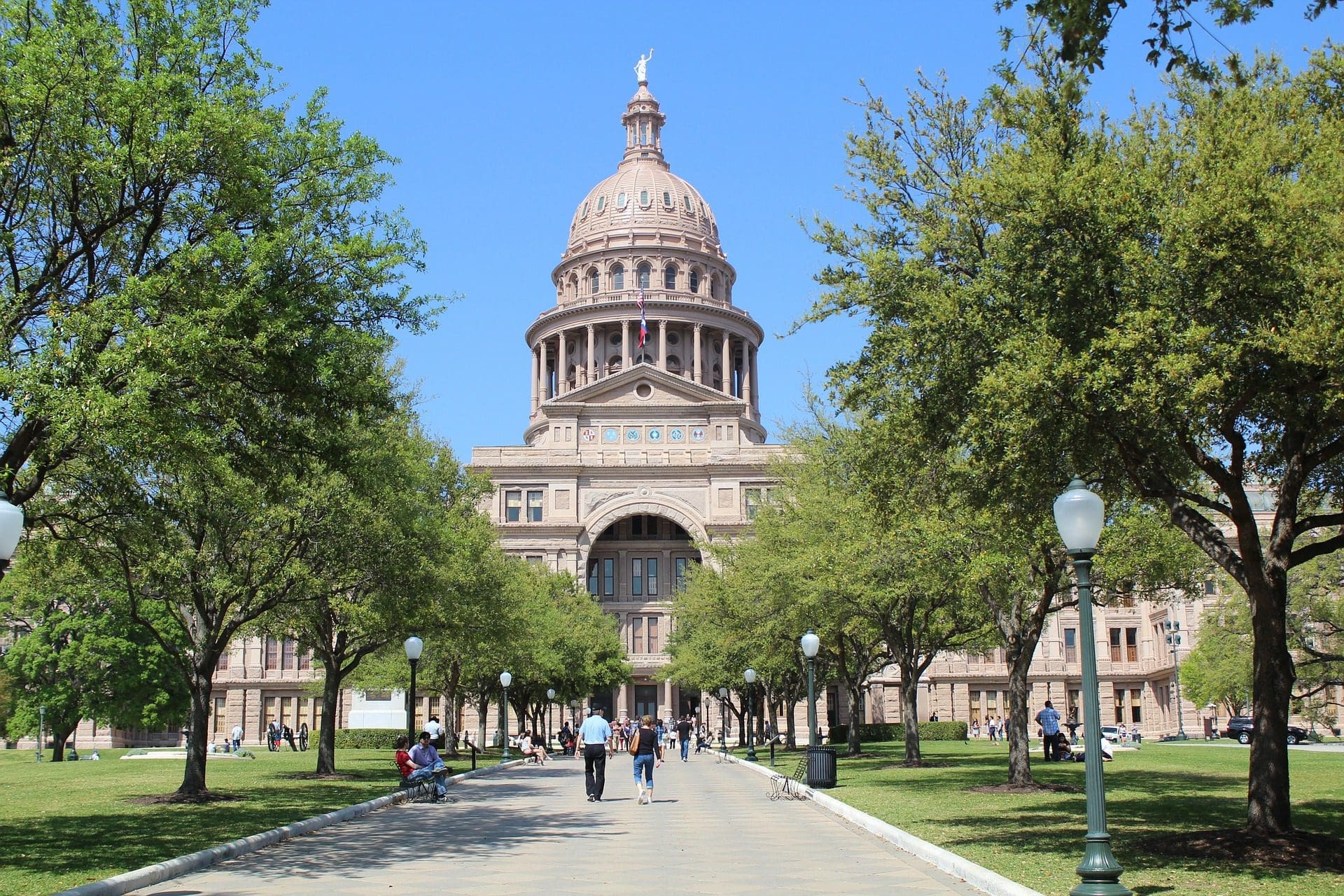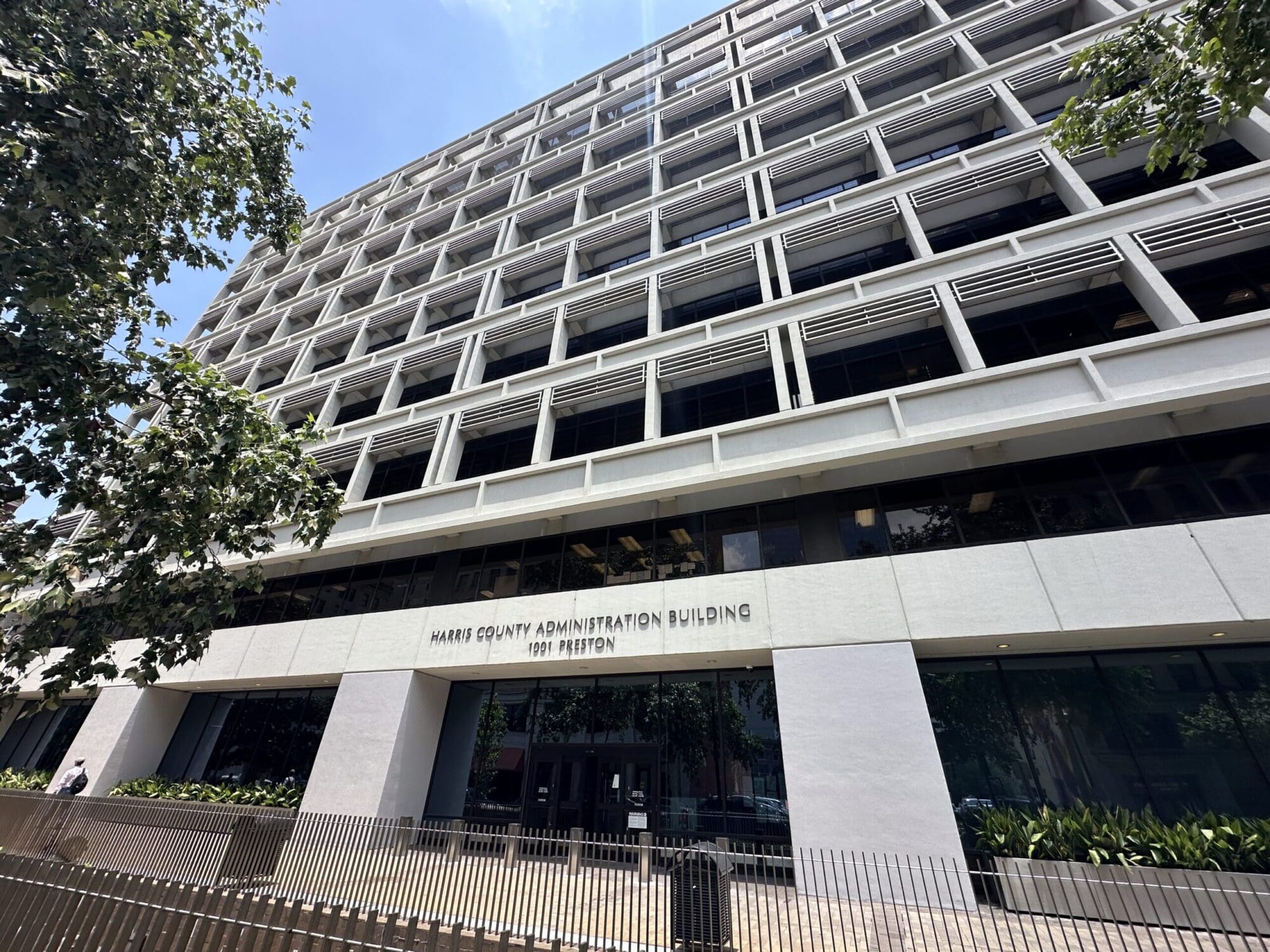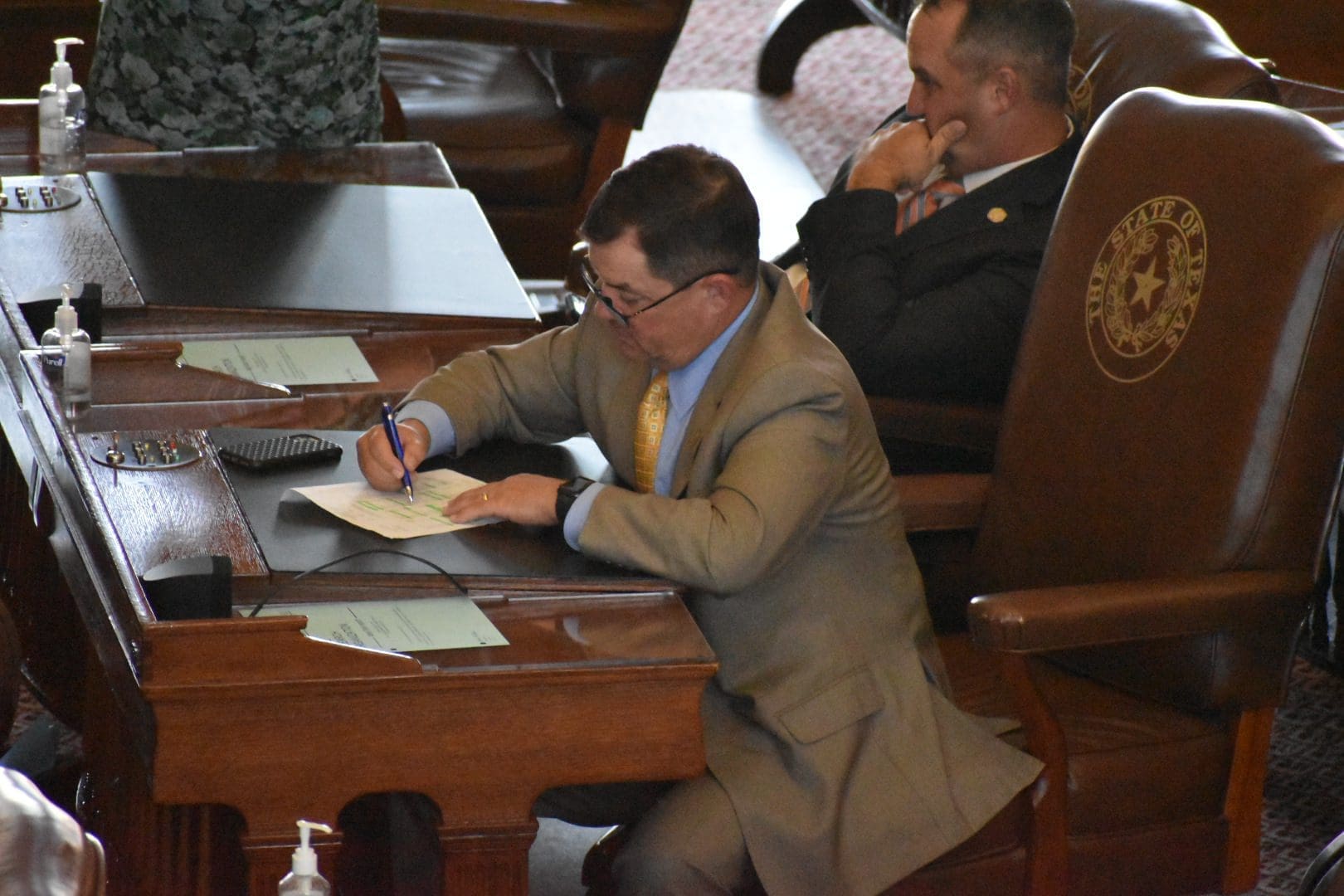A long-standing practice in the halls of the Texas Capitol, taxpayer-funded lobbying refers to cities, counties, and other local governments or taxing entities spending money to lobby the legislature. Often, it is done in an effort to take on pro-taxpayer policies such as property tax relief and reform or measures of increased accountability and transparency.
Senate Bill 29 by State Sen. Bob Hall (R–Edgewood) seeks to end the egregious practice by prohibiting public entities from spending money on external lobbyists to represent them before the legislature.
“Taxpayers should not have to foot the bill for lobbyists testifying against their interests,” Hall told the committee.
While legislation to end tax-funded lobbying has been filed in previous sessions, support for ending the practice has grown in recent years. The Republican Party of Texas added it to its list of legislative priorities during its convention last June. Even Gov. Greg Abbott voiced his support for ending the practice last year after the City of Tyler made plans to spend $200,000 during the legislative session to lobby against property tax reform.
In fact, during recent hearings on proposed legislation to allow greater voter input on property tax increases, every person who testified against the bill either worked for a local government, was a taxpayer-funded lobbyist, or had another direct interest derived through a beneficial relationship to a taxing entity.
That disparity has frustrated many, including North Texas native Crystal Main.
Representing the Northeast Tarrant Tea Party, Main told members of the committee, “I’ve been here to testify a number of times, and it’s very frustrating to listen to lobbyists testify until 3 in the morning,” adding that it was further disheartening to discover that many were lobbying on behalf of her home city or county—with her tax dollars.
“The current situation makes about as much sense as me being a business owner and hiring someone to sabotage my business,” said Todd Key, who also testified.
Hall argued that his legislation would “level the playing field between urban and rural citizens” because no longer would large cities dominate public testimony and the influence of lawmakers.
Conservative estimates from the Texas Public Policy Foundation suggest that around 30 percent of the lobbyists roaming the halls of the Capitol have at least one taxpayer-funded client, with local governments spending $41 million a year on the practice.
All of the spoken testimony provided during the hearing was in favor of the legislation, with no one speaking against the bill, though some registered opposition. At the end of the hearing, the bill was left pending.
Similar legislation has been filed in the House by State Rep. Mayes Middleton (R–Wallisville). His legislation, House Bill 281, was left pending in the House State Affairs Committee two weeks ago.





